victory and riches, but he also writes that these were offset with three vices, avarice, cruelty and lust.
he discovered a similar atrocity had befallen the son of one of his courtiers. In 1124, he had 44 thieves hanged on the same day. Henry the lustful he most certainly was, however, Henry the romantic he was not despite the stories we've heard of the Welsh beauty Nest ferch Rhys and his long-term mistress Sybil Corbit. Henry worked his way through a stream of women, from other men's wives to abbesses. He did acknowledge fifteen illegitimate children, the sons he placed in important positions and the daughters he married off to wealthy nobles, the others, another nine or so he had little or no time for.
Henry's ability to father children goes without question, it is a puzzle then, that with his first wife Matilda, he only fathered two children in their eighteen-year marriage and he fathered none with his second wife, the very young and beautiful Adeliza of Louvain in their fifteen years of marriage.
the latter to those who served him well, the result of which was from 1103 until his death, there were no significant uprisings during his reign.
The beginning of the end of Henry's thirty-five years on the throne of England came in the November of 1135 at a hunting
lodge at Lyons la Foret in France when death knocked on his door. According to his doctors, Henry had been well, but Henry
of Huntingdon wrote the king became ill during the night after
and violently exciting similar symptoms, caused a sudden and extreme disturbance, under which his aged frame sunk
into adeathly torpor
Henry I was buried at Reading Abbey.
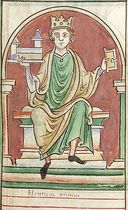
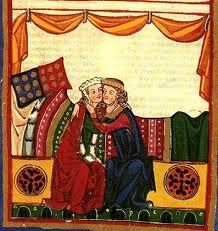
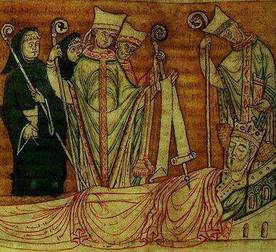
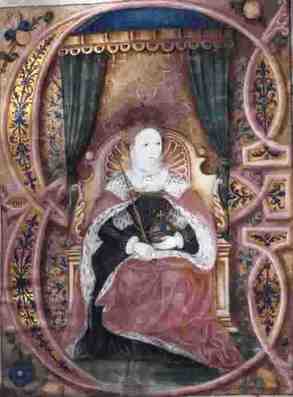
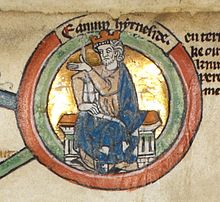
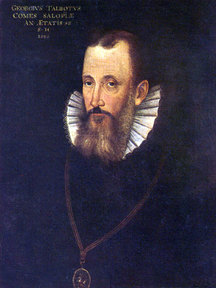
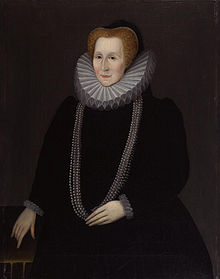
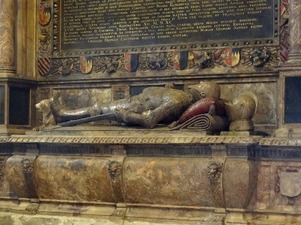
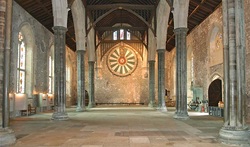
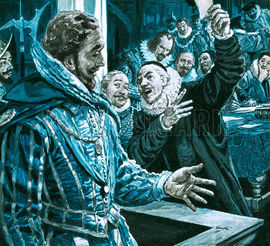
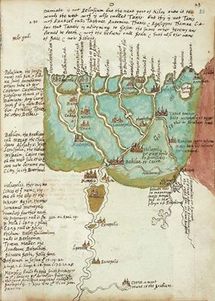
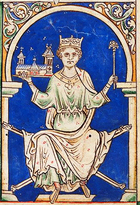
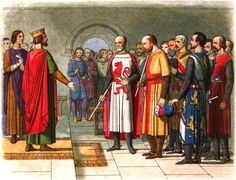
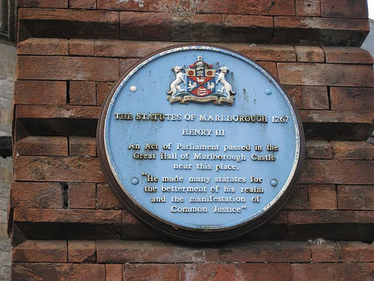
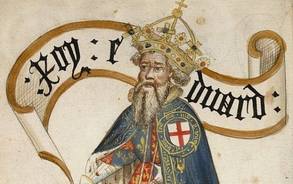
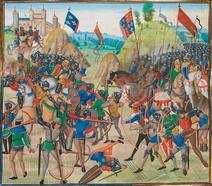
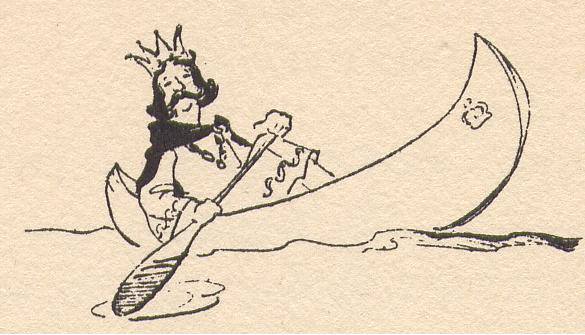
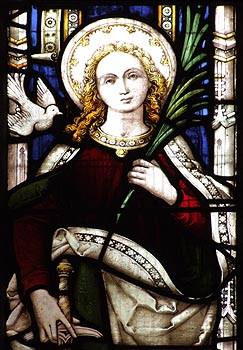
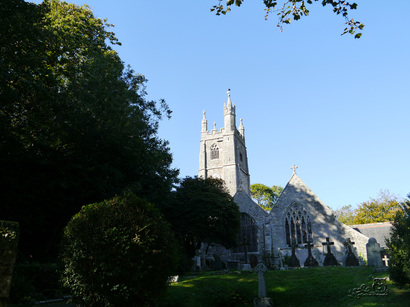
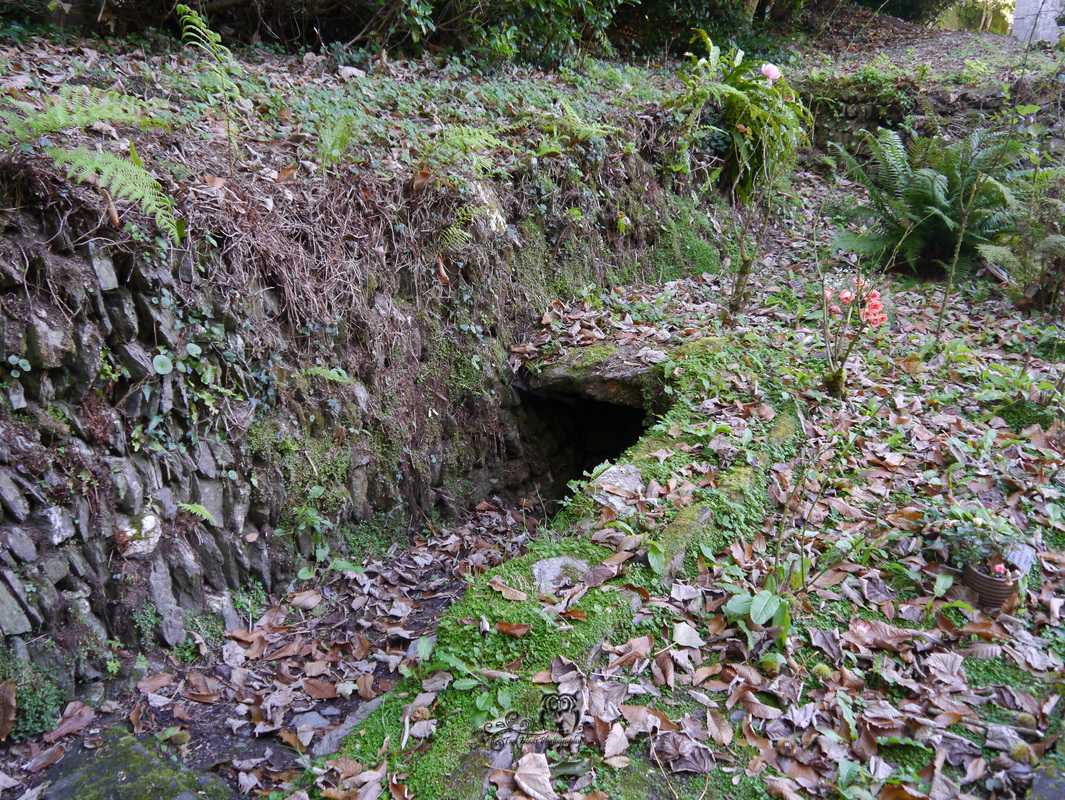
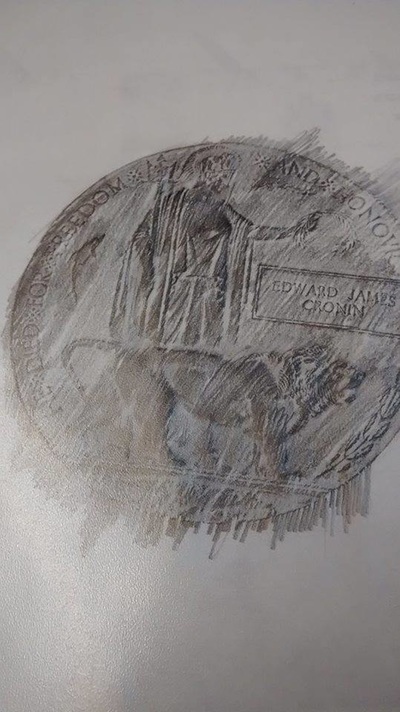
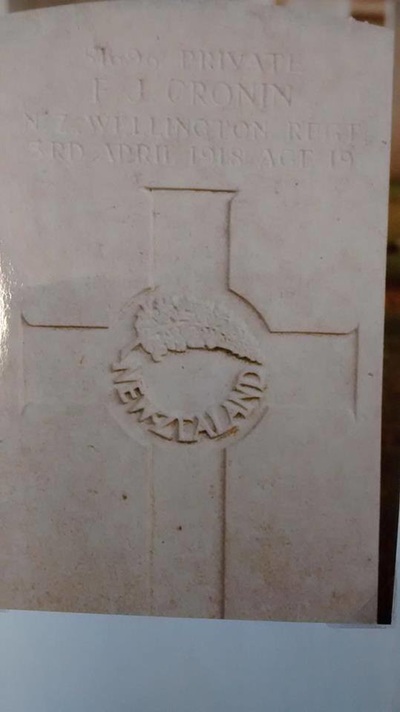
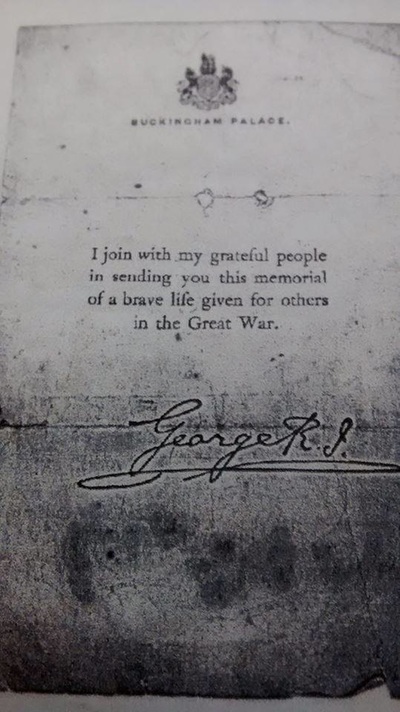
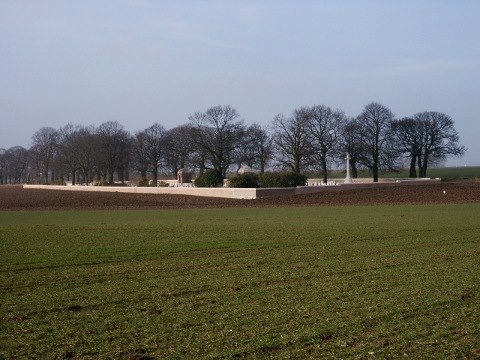

 RSS Feed
RSS Feed
